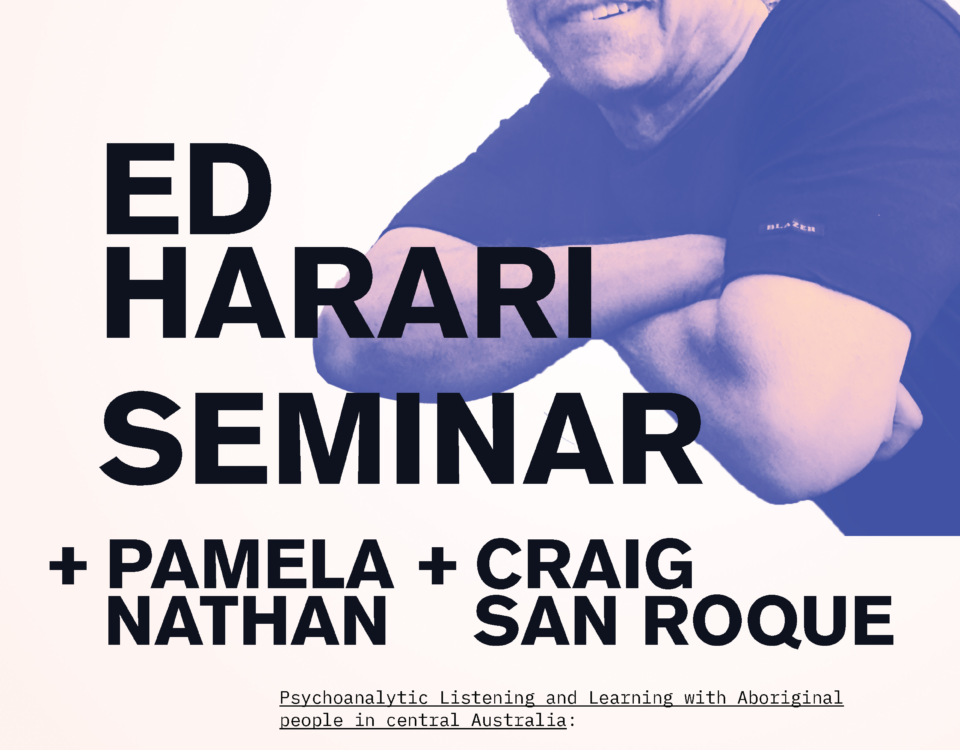Altruistic ‘Upstanders’ give voice to those silenced by despair
February 13, 2014Make school a place where kids WANT to be in order to ‘close the gap’
February 18, 2014by Pamela Nathan
The importance of literacy – lessons from ’12 Years a Slave’, by Solomon Northup
Appalling truths of slavery – the tyrannical masters and the African American slaves – are brutally, graphically and grippingly portrayed in the Hollywood film ‘12 Years a Slave’ by Steve McQueen.
Literacy saved Solomon’s life as a slave and found him freedom. Illiteracy was used by the white slave owners to enslave and literacy was punished by amputation. Literacy – the slave’s own narrative of the inflicted atrocities – whippings, beatings, rapes, humiliation, intolerable toil, degradation, imprisonment and ownership – provides the chronicles of truth and the road to freedom.
As Sarah Churchill writes in the Guardian, as Henry Louis Gates Jr, an expert on slave narratives and consultant on the film 12 Years a Slave, has noted, literacy “was the very commodity that separated animal from human being, slave from citizen”. Douglass writes in My Bondage of the moment when, having learned to read, he realised that his illiteracy was itself “the bloody whip, for my back, and here was the iron chain; and my good, kind master, he was the author of my situation”. With literacy Douglass “now understood what had been to me a most perplexing difficulty – to wit, the white man’s power to enslave the black man … From that moment, I understood the pathway from slavery to freedom.”Slave-owners understood this, too, and responded savagely to any slave’s attempts to learn to read or write; a common punishment was amputation. As a result, literacy among slaves was very low and most fugitive slaves relied on white “amanuenses” to record their stories for them”.
In 1825, Sarah Churchill writes, a fugitive slave named William Grimes wrote an autobiography in order to earn $500 to purchase freedom from his erstwhile master, who had discovered his whereabouts in Connecticut and was trying to remand Grimes back into slavery. At the end of his story the fugitive makes a memorable offer: “If it were not for the stripes on my back which were made while I was a slave, I would in my will, leave my skin a legacy to the government, desiring that it might be taken off and made into parchment, and then bind the constitution of glorious happy and free America.”
One of the slave owners, Epps, of Solomon, as Churchhill writes, offers the standard justification for slavery, that black people were naturally bestial and ignorant (primitive), and thus deserved subjugation. Bass, a slave abolitionist, counters with the circular nature of this argument, “You’d whip one of them if caught reading a book,” Bass points out. “They are held in bondage, generation after generation, deprived of mental improvement, and who can expect them to possess much knowledge? … If they are “baboons”, or stand no higher in the scale of intelligence than such animals, you and men like you will have to answer for it … Talk about black skin, and black blood; why, how many slaves are there on this bayou as white as either of us? And what difference is there in the colour of the soul? Pshaw! The whole system is as absurd as it is cruel.”
Literacy can enable stories, provide personal records of historical truth and roads to freedom of the mind.
As Maya Angelou says: “Hold those things that tell your history and protect them. During slavery, who was able to read or write or keep anything? The ability to have somebody to tell your story to is so important. It says: ‘I was here. I may be sold tomorrow. But you know I was here.’
Solomon’s chilling tales of human brutality and racial domination sear the mind and soul and McQueen’s visual inferno scorch it.
Information from the article written by Sarah Churchill in The Guardian Friday 10th January 2014-02-16





